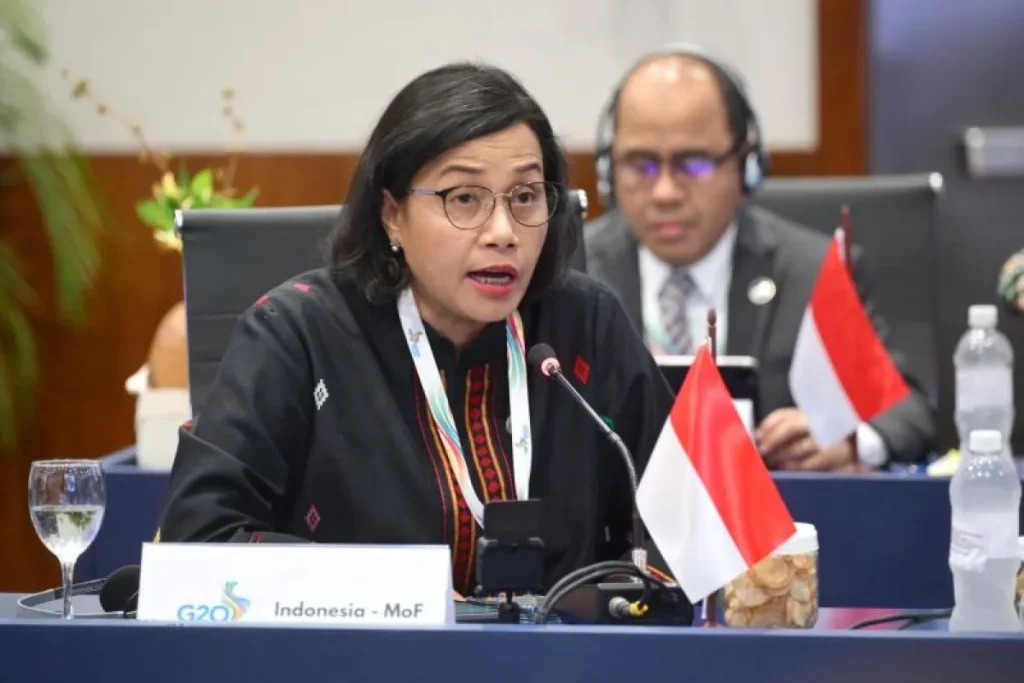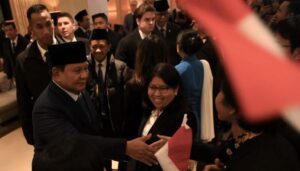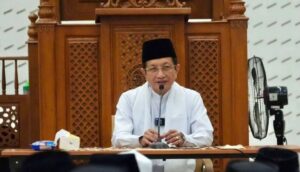Indonesia Advocates for Economic and Climate Cooperation at G20 in Brazil

Jakarta, The Gulf Observer: During the Third Meeting of G20 Finance Ministers and Central Bank Governors held in Brazil, Indonesian Finance Minister Sri Mulyani Indrawati emphasized the importance of global collaboration to tackle economic challenges and climate change. In a statement received from her office on Monday, Indrawati highlighted the impact of global economic uncertainties, driven by geopolitical tensions, monetary fluctuations, and elections, on market volatility and investment levels.
Indrawati stressed the need for macroeconomic policies to address issues such as inequality, exchange rate and interest rate fluctuations, and medium-term economic effects. She proposed the implementation of a debt-for-climate swap scheme, which allows countries with limited fiscal capacity to exchange their debt obligations for commitments to funding eco-friendly initiatives. Indonesia has already adopted this approach by converting a US$35 million debt obligation into a commitment to fund coral reef protection efforts.
“Indonesia will strengthen its national biodiversity financing framework and continuously bridge gaps in the financing of biodiversity conservation and utilization,” Indrawati stated.
In addition to promoting the debt-for-climate swap, Indrawati urged for the development of integrated strategies to enhance development financing, aiming to achieve the Sustainable Development Goals (SDGs). She also highlighted the necessity for fairer international taxation, calling for progressive policies to reduce income and wealth disparities and promote information exchange to prevent tax avoidance by high-income individuals.
Furthermore, Indrawati underscored the need for reforming multilateral development banks (MDBs) to ensure their continued relevance and effectiveness. She advocated for increased representation of developing countries within MDBs and for employing more staff from these countries to ensure that projects are effectively implemented and considerate of local contexts and cultures.
“MDBs should also bolster the representation of developing countries, including by employing more staff from such countries, to implement effective projects and take local contexts and cultures into consideration,” she remarked.
The G20 meeting in Brazil provided a platform for Indrawati to call for these crucial reforms and collaborative efforts to address the intertwined challenges of economic instability and climate change.


